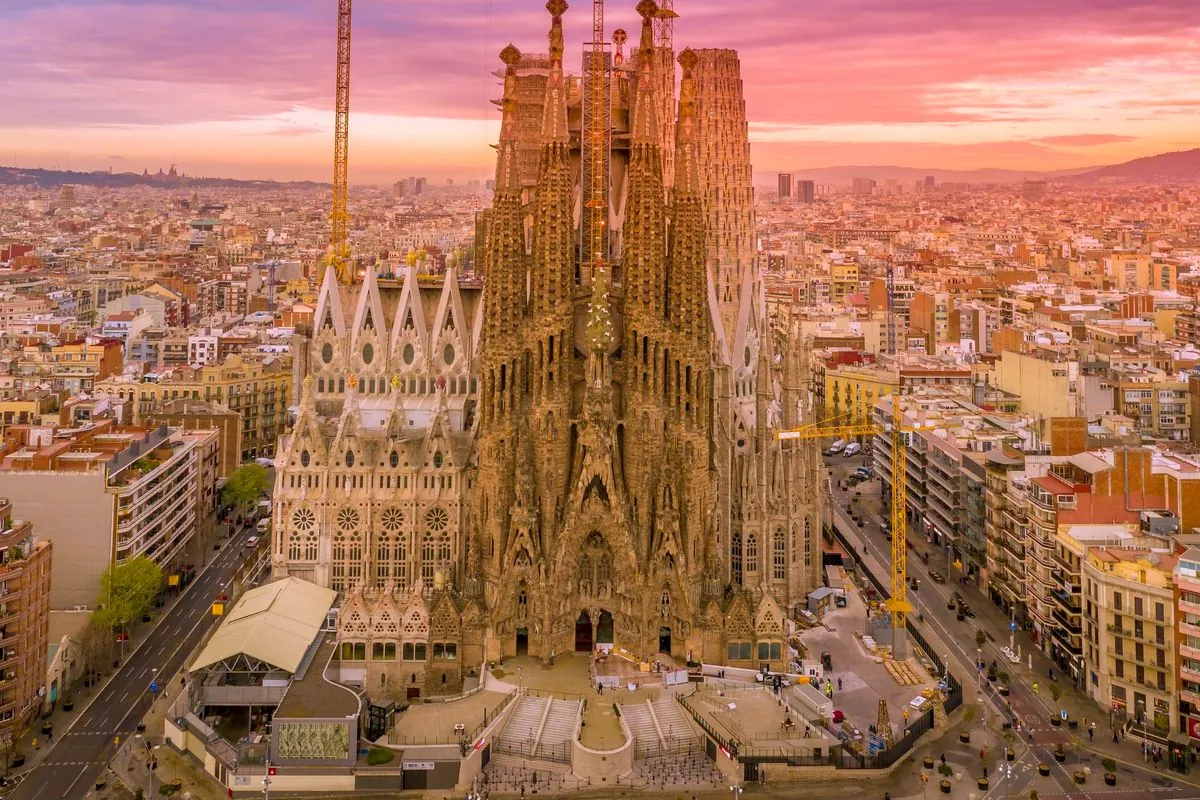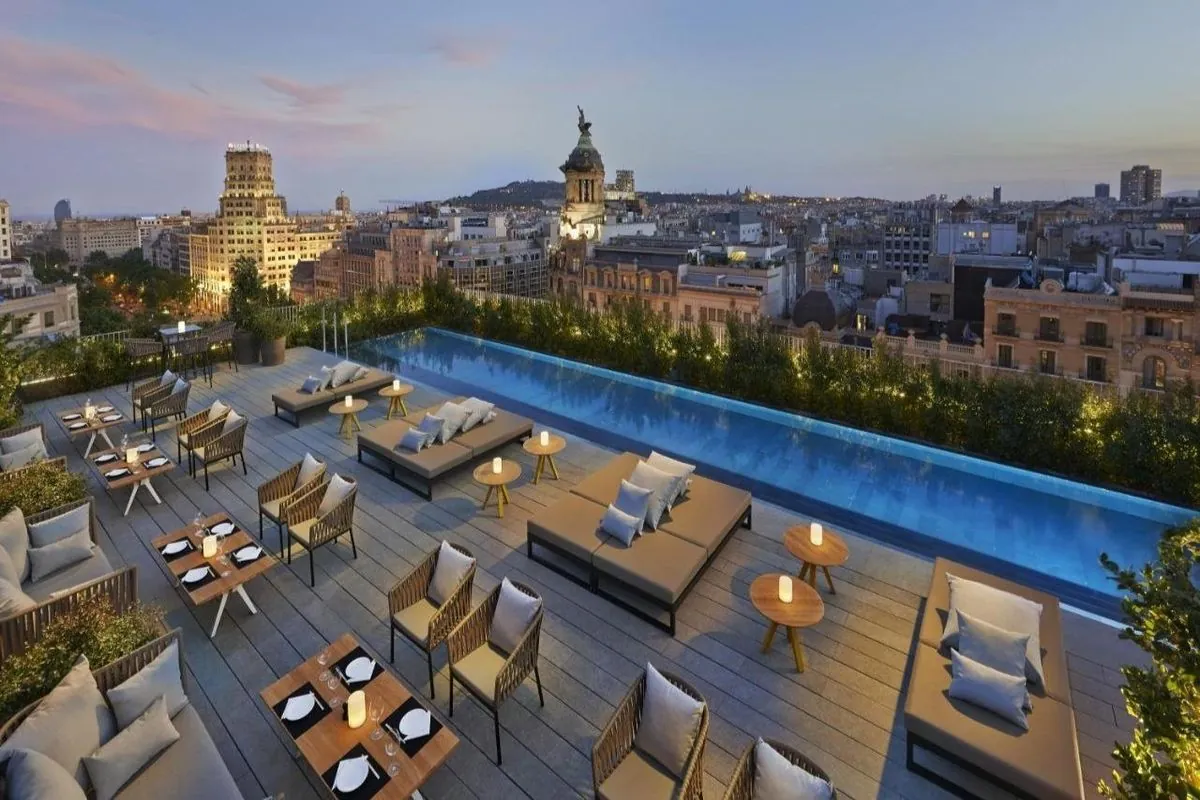Spain Shifts Tourism Strategy: Luxury Hotels In, Short-Term Rentals Out
Spain, facing record tourism, encourages luxury hotels while restricting short-term rentals. Barcelona and Tenerife lead efforts to attract high-end visitors, sparking debate over tourism's impact on local communities.

Spain, the world's second-most visited country after France, is experiencing a significant shift in its tourism strategy. As authorities grapple with record-breaking visitor numbers, estimated to reach 95 million in 2024, they are encouraging the expansion of luxury hotels while cracking down on short-term rentals.
Barcelona, Spain's most popular city among international tourists, is at the forefront of this change. Mayor Jaume Collboni has announced plans to ban all short-term tourist apartments by 2028, while supporting the addition of 5,000 new hotel beds in areas outside the city center. This move aims to address the surge in housing costs, with rents rising 68% and house prices increasing 38% over the past decade.
"We can do little about demand, but we can act on supply."
The focus on "quality tourism" is evident in Barcelona's efforts to attract culture and gastronomy-driven visitors, as well as international conferences. This shift aligns with Spain's rich cultural heritage, boasting 49 UNESCO World Heritage Sites and over 400 museums, including the world-renowned Prado in Madrid.

Similarly, Tenerife in the Canary Islands is implementing stricter rules on tourist apartments while planning to add 1,000 beds in new luxury hotels. Lope Alfonso, the local tourism chief, emphasized the island's desire to compete as a quality destination rather than a low-price option.
This strategic shift comes as Spain surpasses Britain as Europe's top market for hotel investment, particularly in the upscale sector. The country's extensive coastline, featuring over 8,000 kilometers and more than 3,000 Blue Flag beaches, provides an attractive backdrop for luxury accommodations.
However, the pivot towards high-end tourism has sparked debate. While it may boost revenues – with tourists in Madrid spending an average of 317 euros daily in July 2024, compared to the national average of 195 euros – some question the benefits for local communities. Protests against mass tourism have spread, with demonstrators in Barcelona using water guns to express their frustration.
The tourism industry, which contributes about 12% to Spain's GDP and employs 13% of its workforce, faces the challenge of balancing economic growth with community needs. As Spain hosts major events like the America's Cup sailing competition in Barcelona, the debate over tourism's impact continues to intensify.
"Tourism is not benefiting residents."
As Spain navigates this transition, it must consider the diverse attractions that have made it a top destination, from the Sagrada Familia, which receives over 4.5 million visitors annually, to the Camino de Santiago pilgrimage route and the country's renowned culinary scene. The success of this new strategy will depend on finding a balance between attracting high-spending visitors and preserving the authentic experiences that have long drawn tourists to Spain's shores.


































